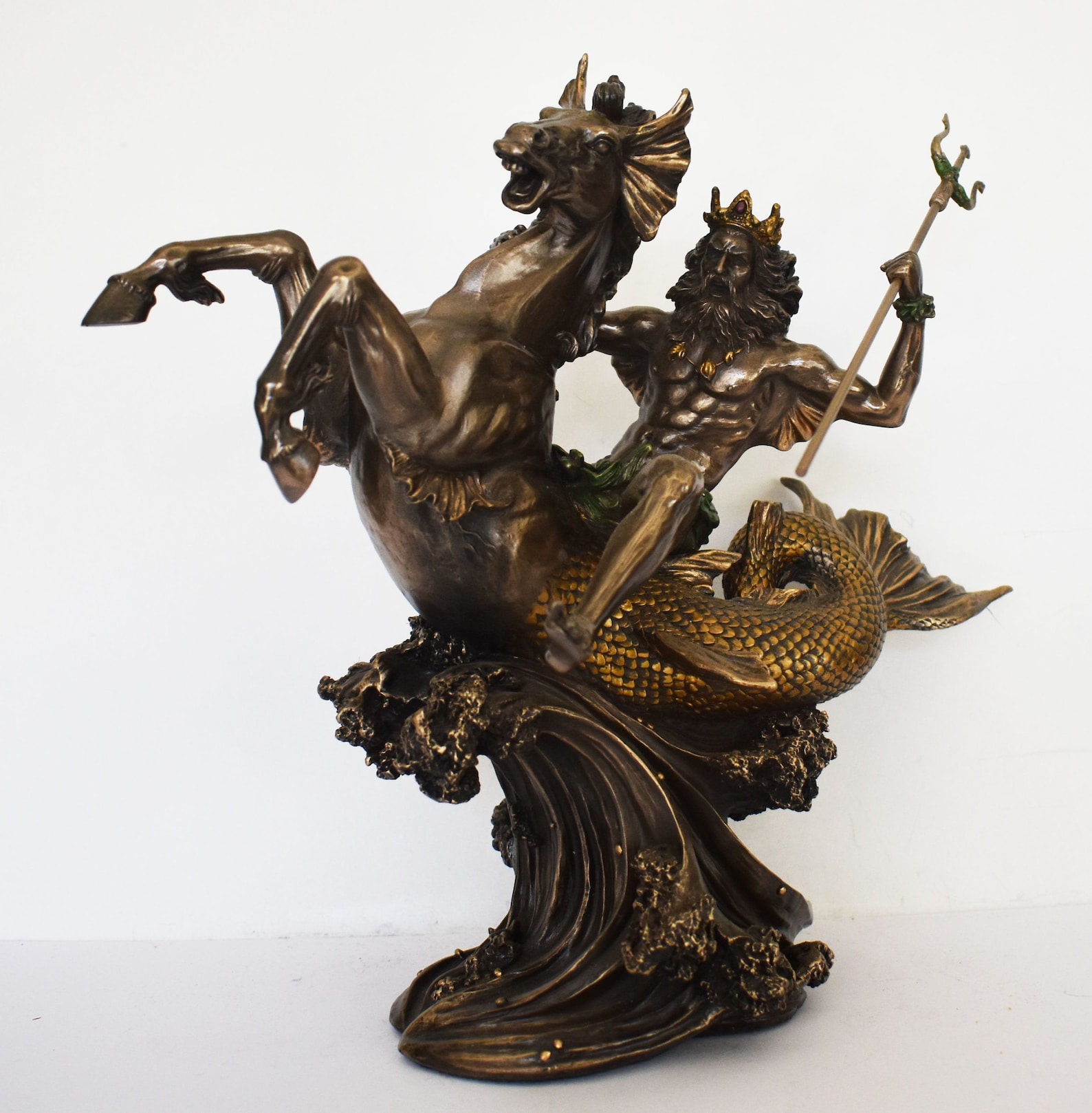CC Licensing: Creative Commons Attribution-NonCommercial-ShareAlike 4.0 International (CC BY-NC-SA 4.0)
Title: Gender Roles and Heroic Constructs in Beowulf: Chapter II
In chapter 2 the exploration of gender roles and the construction of the hero within the text continues.
The opening lines reveal the aftermath of Grendel's ruthless attacks on the Ring-Danes. The phrase "that haughty house" refers to Heorot, the magnificent mead-hall. The contrast between the evil Grendel and the unsuspecting, slumbering atheling band, predominantly consisting of men, highlights the vulnerability of the male heroes in the face of a monstrous threat. This portrayal challenges traditional gender expectations, where men are typically depicted as protectors and warriors.
As the poem progresses, it becomes evident that Grendel's reign of terror specifically targets male warriors, emphasizing the disruption of gender roles and the erosion of male heroism. The repetition of terms such as "than," "atheling," and "thanes" underscores the predominantly male victims of Grendel's attacks, while women remain largely absent from the narrative. This absence suggests a limited role for women in the heroic context of the poem, reinforcing traditional gender roles that associate heroism primarily with men.
The linguistic value this chapter is shown through its descriptive language and imagery. The use of alliteration, rhythm, and vivid metaphors contributes to the poem's aesthetic appeal and oral performance. The repetition of sounds and words, such as "ruthless murder" and "lured and lurked," adds emphasis and evokes a sense of foreboding, heightening the emotional impact of the narrative.
It's significant to also note that the translator/editor/scribe of the time had, at least partially, their opinion in the text. And the socio-cultural context on the representation of gender roles in the text. The dominance of a patriarchal mindset during the translation, gathering, and manipulation of the text might have influenced the portrayal of gender dynamics, potentially perpetuating or reinforcing gender biases prevalent at the time.
Comparatively, analyzing the representation of gender roles in multiple versions of Beowulf would provide a deeper understanding of the variations and nuances present in different translations and editions. It is essential to examine the translator's choices, the cultural and historical context in which the translation was produced, and the potential influence of contemporary gender politics on the interpretation and presentation of the text. Gender roles can be a complicated and complex topic, especially when it is in context of older societies and we don't know their expectations and norms fully as we know our own.
Note: This annotation is licensed under the Creative Commons Attribution-NonCommercial-ShareAlike 4.0 International (CC BY-NC-SA 4.0) license. This means that others are free to share and adapt this work for non-commercial purposes as long as they attribute the original author and use the same CC license for their derivative works.
